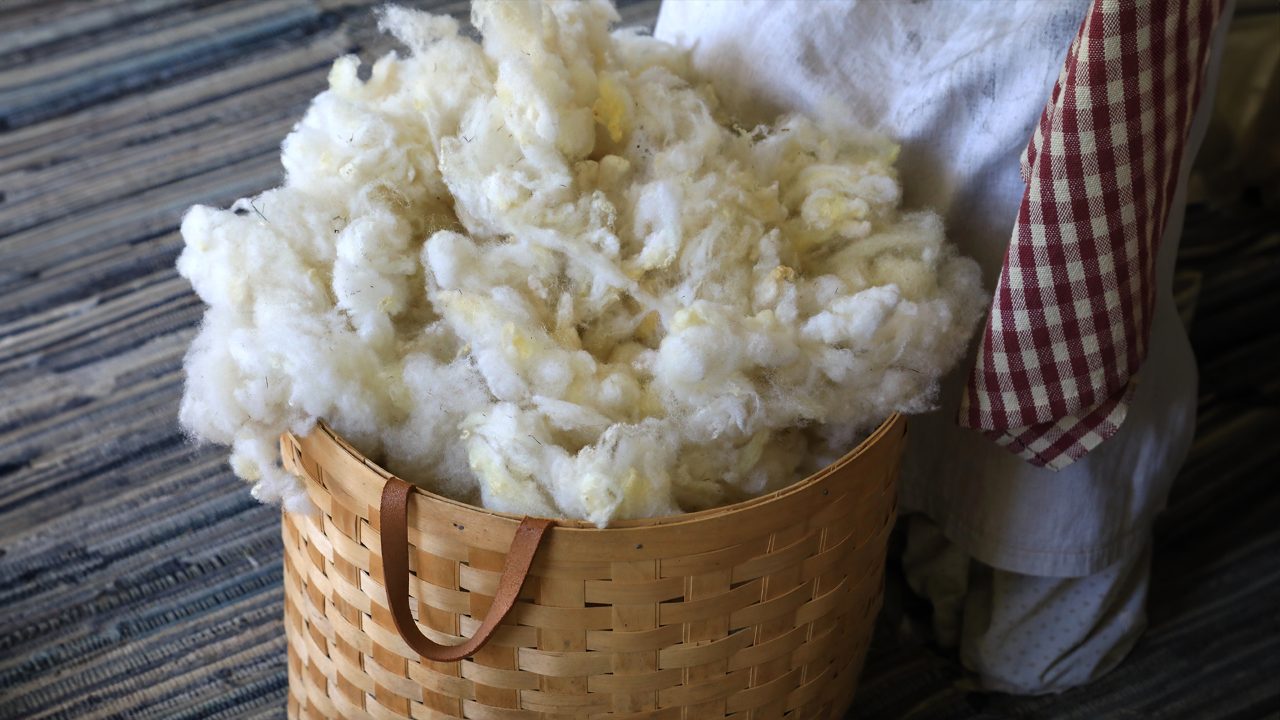In a groundbreaking study that could change the view of sheep's wool forever, researchers from the School of Sport, Exercise, and Nutrition have unveiled the potential of wool-derived protein to influence the body's response to insulin.
Professor David Rowlands, the brains behind the research, collaborated with Professors George Dias and Margreet Vissers from the University of Otago as part of the Ministry of Business, Innovation, and Employment's Smart Ideas grant.
This woolly revelation began in 2015 when Professor Rowlands developed a hypothesis based on previous work by Professor Dias. Intrigued by the unique amino acid composition of keratin, found abundantly in sheep's wool, Rowlands suspected it might hold the key to enhancing insulin sensitivity in individuals with diabetes.
"It was an out-there idea, but we wanted to trial edible keratin protein derived from sheep's wool, which is particularly rich in cysteine, glycine, and arginine—essential for insulin function," Professor Rowlands said.
The catch? Humans lack natural keratinase enzymes in their gastrointestinal tract, necessitating a creative solution to make the keratin digestible.
The woolly journey involves washing the wool multiple times before subjecting it to a high-pressure microwave oven, a novel method of breaking down sulphur double bonds that tightly bind keratin. This process unravels the protein, making it digestible and ready for its starring role.
To test the effects of this edible keratin protein, 35 participants with type 2 diabetes embarked on a 14-week trial. Consuming 17 grams of keratin blended with whey protein daily, hidden in muffins and capsules, they also participated in a standardized exercise program.
The focus? Peripheral tissues of skeletal muscles, a crucial area for those with type 2 diabetes struggling with insulin response.
"The combination of keratin supplementation and exercise led to a substantial improvement in glucose delivery into muscle tissues," Professor Rowlands shared.
The muscle biopsies revealed an enhanced GLUT4 response to insulin, improved microvascular blood flow, and increased muscle sensitivity to insulin.
Explaining the science behind the success, Rowlands said, "The keratin protein contains high levels of cystine and glycine, vital for the antioxidant glutathione.
"Our study indicated an increase in insulin-sensitive glutathione-system-associated redox signalling, suggesting a shift in the body's redox environment balance, improving cellular response to insulin."
While the wool-derived keratin protein is still in its prototype stage, Professor Rowlands envisions a future where it could revolutionise diabetes management.
"With enhanced insulin sensitivity, it could improve blood sugar control, reduce the risk of hyperglycemia, improve energy regulation, and potentially reduce medication dependency for a better quality of life."
"As it currently stands, the wool-derived keratin protein is still a prototype food product, so we're trying to improve it. We're not quite there yet, but if we can continue driving it forward, there's good potential," concludes Professor Rowlands.











